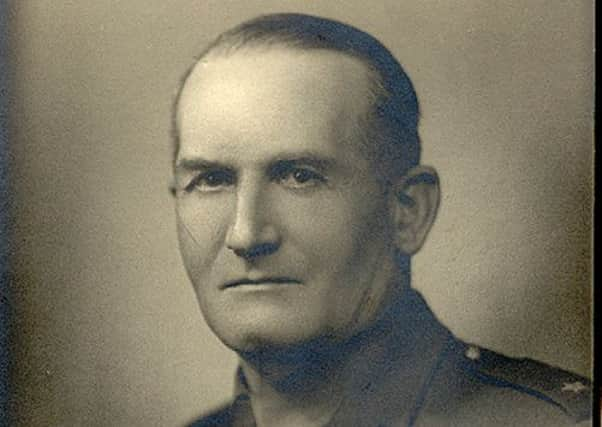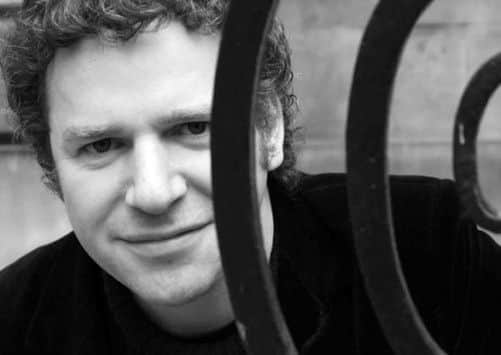Polish forces chemist subject of Scots opera


Julian Wagstaff’s Breathe Freely was commissioned by the University of Edinburgh’s school of chemistry to celebrate its 300th anniversary.
Wagstaff’s 40-minute work will be performed at the Assembly Rooms in Edinburgh on 24 October.
Advertisement
Hide AdThe opera tells the story of Lieutenant Stanisław Hempel, independence fighter, socialist activist and chemist who arrived Edinburgh in 1943 to undertake secret wartime scientific work in support of the Polish Armed Forces in the west.


He was given a laboratory by Professor James Kendall, head of chemistry at university, who also features in the opera. The line up of characters is completed by Dr Chrissie Miller, the first female chemist to be inducted as a Fellow of the Royal Society of Edinburgh.
The opera’s title is borrowed from the book “Breathe Freely” written by Professor Kendall, an expert in gas warfare, in 1938 to reassure the British public that the dangers of a threatened poison gas attack from Nazi Germany were greatly exaggerated.
The opera will be performed by world-class musicians and singers and conducted by Derek Clark, Scottish Opera’s head of music.
To get inspiration for the piece Wagstaff researched the history of chemistry at the university, and interviewed many present and former students and members of staff – including several who studied in the city in the 1940s.
Using the internet he tracked down Wojciech Hempel, Hempel’s eldest grandson, in Łódź in Poland gaining unique insights into the life of the opera’s central character. To conduct interviews, which were mainly done in Polish, Wagstaff had help from Lucas Rajczuk, a Polish journalist now living in Edinburgh who acted as a translator.
Advertisement
Hide AdWagstaff, composer in residence at the university, said: “Wojciech was very surprised to hear from me. I don’t think anyone expects a composer or writer to phone them about their grandad.
“He sent me a great deal of information including letters between Hempel and Kendall.
Advertisement
Hide Ad“He described his grandfather’s personality as being that of a “romantic pragmatist”. He said Hempel did have romantic and idealised views of how the world should be but recognised he had to operate in the real world, the way you find it. For example Hempel, who died in 1961, joined the Communist Party after the war, not through conviction but because he knew that if you wanted to progress in his career he would have to do so.
Wagstaff said: “It has been a real privilege to work on this project. I have met some fascinating people, and greatly enjoyed getting to grips with the science, and of course the history of this fascinating department.
“I am thrilled that a conductor of such experience and renown as Derek Clark has come on board for the project, along with absolutely first-rate musicians and singers. Scottish Opera have given me a huge amount of practical support and help with the project, for which I am enormously grateful.”
Professor Eleanor Campbell, head of the school of chemistry at the University of Edinburgh, said: “I am really looking forward to the first performance of Breathe Freely. It has been a great experience for students and staff within the School of Chemistry to interact with Julian on this project. It will be a unique legacy of our tercentenary year and I am delighted that Scottish Opera has been so generous with their support.”
Alex Reedijk, general director at Scottish Opera, said: “It’s common knowledge that I am very keen on the development and commissioning of new opera in Scotland and I’m pleased that Scottish Opera has been able to provide support to Julian and The University of Edinburgh in delivering the performance aspect of such an interesting project.”
Wagstaff enjoyed a sell-out success on the 2007 Edinburgh Festival Fringe with his opera The Turing Test, about the quest to build a truly intelligent machine. His stage musical John Paul Jones, set during the American Revolution, was revived as a concert version in 2010 in association with the Scottish Chamber Orchestra.
* Breathe Freely, 24 October, 8pm, Assembly Rooms, Edinburgh. Box office - 0131 668 2019. Tickets £12, £6 concession.